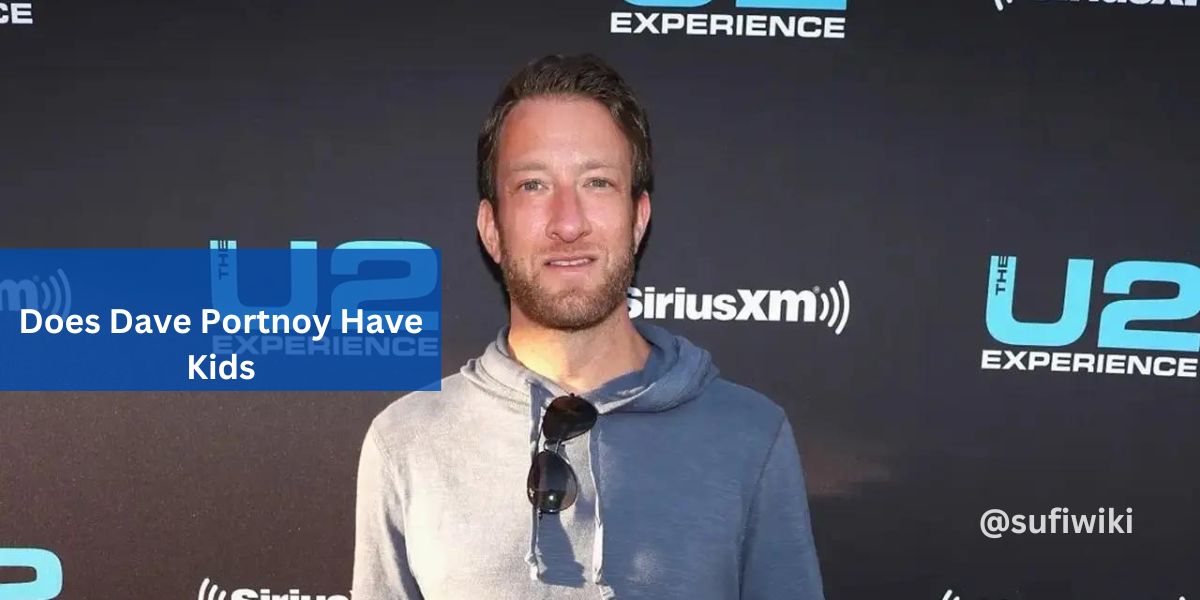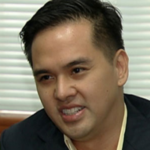American conservative politics is currently experiencing a remarkable transformation, highlighted by the rise of “barstool conservatives”. As previously discussed and examined, this group provides an alternative response to leftist influence over corporate, educational, and cultural spheres; yet their presence poses complex challenges to traditional conservative frameworks such as pro-life views or family structures.
Dave Portnoy, founder of Barstool Sports, has become an unexpectedly powerful voice within this movement. His public statements following the Supreme Court’s decision to overturn Roe v. Wade illustrate its divisive nature; rather than celebrating it like many conservatives did, Portnoy expressed disbelief at government’s right to control women’s bodies and challenged its relevance as written during an era when slavery existed – quite contrary to traditional conservative viewpoints which generally prioritize pro-life issues.
Politico’s take on this scenario poses some intriguing questions about the future dynamics of the Republican party. They wonder whether its traditional conservative leaders are prepared to accommodate voters like Portnoy who differ considerably from its mainstream ideologies.
At an Ideological Crossroads
The rise of barstool conservatives marks an ideological disjuncture. Traditional conservative movements rooted in Christian values find themselves at odds with anti-establishment figures like Portnoy. This divergence becomes particularly apparent when discussing fundamental issues like abortion or family values.
The new wave of conservatism seems driven more by cultural shifts than a coherent set of philosophical beliefs, often leading to confluence of interests with traditional conservatives on specific issues such as opposing “woke” culture; however, when it comes to deeper values like life sanctity and nuclear family importance they don’t appear prioritized by barstool faction.
This ideological mix presents the Republican party with an immense challenge: how to accommodate new voices while remaining true to core principles that have long defined it. This challenge goes far beyond electoral considerations and encompasses conservatism’s philosophical essence as well.
Andrew Walker, a columnist and thinker in the conservative space, cautions of the dangers of ideological blending. According to Walker, aligning with groups who don’t share core conservative values could erode its essence, with barstool conservatism moving its base away from religious and moral principles in favor of secular liberalism – something Walker sees as risk.
Conservatism’s future depends heavily on its ability to manage internal conflicts effectively, expanding without unravelling in the process. How this question is answered will have profound ramifications on not only political strategy, but also cultural battles in our times.
As discussed previously, while the rise of barstool conservatives like Dave Portnoy brings fresh dynamics into conservatism, it also poses significant challenges. In particular, this new dynamic poses questions of loyalty versus accommodation when considering new elements within it – and as political landscape changes over time so will any decisions made now affect future directions of conservatism in years ahead. Balancing these two sides represents one of the central dilemmas of conservatism: maintaining core values while adapting to an ever-evolving environment.










